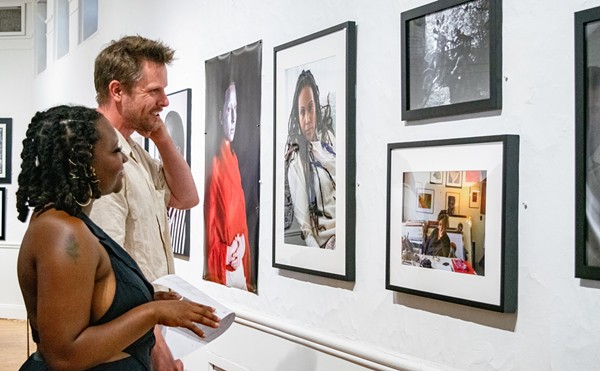The 2004 Presidential election was a revealing commentary about social associations between war and masculinity. The Iraq war became a defining issue for each candidate, prompting analysis of masculine leadership qualities. In the end, the “man’s man” with a wife who neatly fit within a traditional role beat the more refined candidate with the European wife who spoke her mind. The loser was feminized, portrayed as weak and indecisive. Ironically, John Kerry had actually fought a war, unlike his opponent.
Leo Braudy picks up on such assumptions and contradictions about masculinity in his latest book, From Chivalry to Terrorism, tracing the complex and uneven effects of war on stereotypes in society. Braudy, a prolific academic and political commentator, presents a sweeping historical account of the relationship between war and masculinity in the West, from the European Middle Ages to Sept. 11, 2001. In the tradition of Michel Foucault’s histories of cultural structures and institutions, Braudy seeks to inform the present by troubling the past. The best books, academic and otherwise, allow readers to draw their own conclusions, and Braudy’s book does just this. Like Foucault, his methodology is a type of historical excavation, out of which conclusions arise on the reader’s own terms.
The author suggests that masculinity is not stable or static but dynamic, subjective and ever-changing. War is a rich field for exploring masculinity because it emphasizes and exaggerates values typically considered masculine, such as aggression and competition. Braudy also outlines events and conditions that contribute to a jeopardized notion of modern masculinity, including the Industrial Revolution, immigration, feminism, race politics, gay rights, postwar syndromes, anti-war movements, McCarthyism and the Kinsey reports. He believes masculinity survives in the modern world but it is often “under siege.” His historical inquiry also offers insight into our country’s current war and the reactionary aggressive military response to an alleged “threat.”
Unfortunately, Braudy’s chapter on terrorism is his weakest; it’s where he makes some broad, oversimplified claims that echo contemporary wartime slogans and attempt to establish the current global conflict as almost exclusively ideologically based. He seems to abandon the commitment of the rest of the book to historical and material realities. But this is not enough to negate the book’s value. If the author oversimplifies at the end, it does not overshadow his ambitious ethical project, through which he seeks to question concepts such as “masculinity” and “patriotism” in an era that increasingly encourages us not to.
Kelly McDowell is a freelance writer. Send comments to [email protected].





